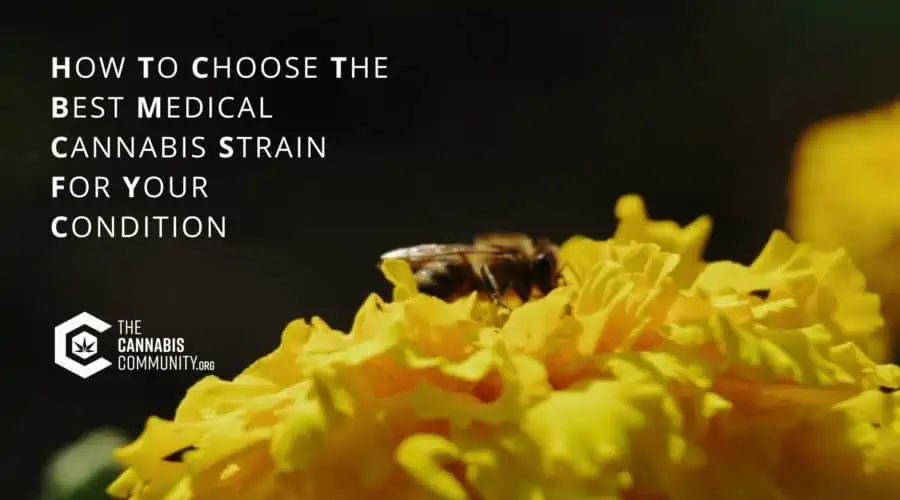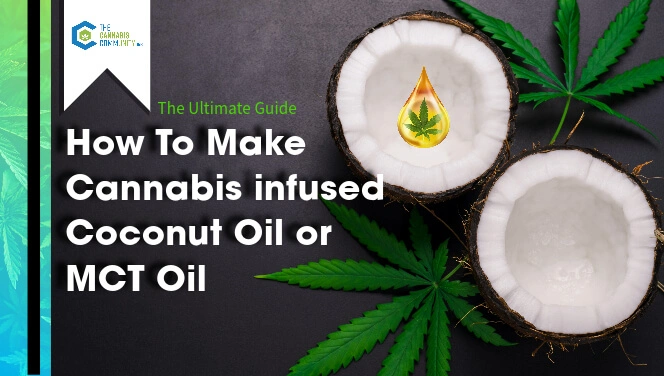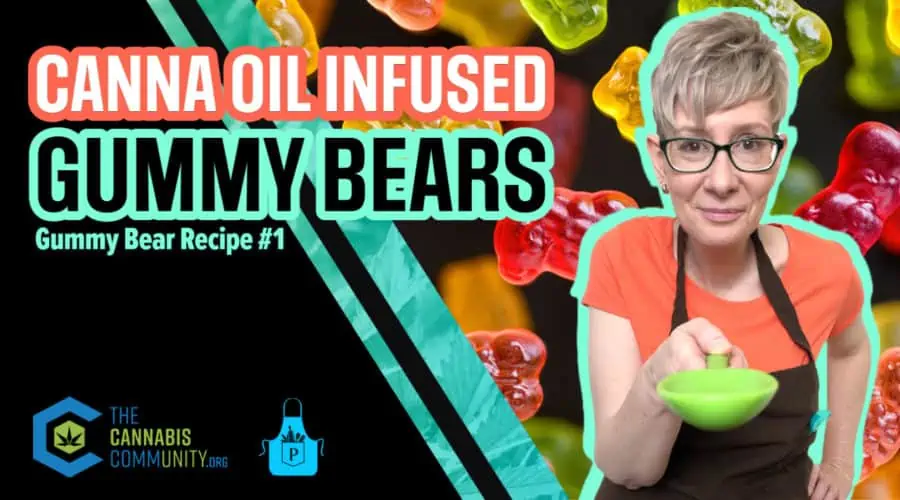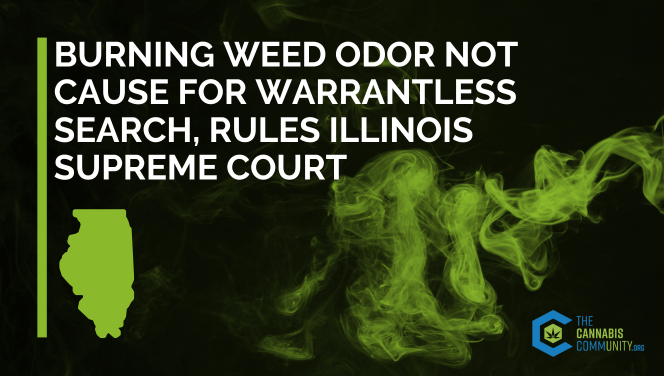What Conditions Can Medical Cannabis Be Prescribed For?
Marijuana, also known as cannabis, is a drug that comes from the cannabis plant which is used for medical or recreational purposes. Marijuana can be smoked, eaten, or vaporized.
Marijuana has been used to treat a wide range of health problems for centuries, but was made illegal in the United States in 1937.
In 1996, California became the first state to legalize medical marijuana. Now, 37 states, including the District of Columbia and 4 territories, have laws legalizing medical marijuana.
Marijuana has been shown to be effective in treating many conditions.
What Is Medical Cannabis?
Medicinal marijuana, also known as medical cannabis, is a form of cannabis that has been grown and processed specifically for medical purposes.
Medicinal marijuana is used to relieve the symptoms of some medical conditions, including muscle spasms, pain, nausea, and glaucoma.
It also contains active ingredients that interact with the brain, which helps reduce stress. You can buy it as a pill, oil, liquid spray, or something else derived from the cannabis plant.
Due to its potential to help a variety of conditions, medical cannabis is constantly being researched worldwide.
Marijuana vs Hemp
Marijuana and hemp plants are the same species. The important difference in the cannabis industry is a federal designation, declaring that hemp is a cannabis plant which contains less than .3% THC and marijuana is a cannabis plant that contains more than .3% THC.
Hemp plants are legal anywhere in the United States and most CBD products contain CBD derived from hemp plants.
However, anyone growing hemp must be able to prove on demand that their plants have less than .3% THC and are thus legal to grow without a marijuana growing license.
Marijuana plants are highly regulated as they are the source of most THC-containing products. Your medical marijuana comes from marijuana plants.
CBD and THC
Cannabidiol or CBD is not the same as marijuana. There are several natural compounds that occur naturally in the cannabis plant, including CBD. Marijuana, on the other hand, is a type of cannabis plant or plant material that contains a variety of natural compounds, including CBD and THC.
Tetrahydrocannabinol (THC) is the most common psychoactive cannabinoid found in cannabis, which means it causes the high feeling. As explained above, THC is the determining factor whether a cannabis plant is hemp (federally legal) or marijuana (federally illegal.)
CBD is non-psychoactive and is widely used in consumer products.
In order to create CBD oil, CBD is extracted from cannabis plants and mixed with a carrier oil such as coconut or hemp seed oil.
Various CBD products, such as dietary supplements, balms, bath soaks, drinks, and food, may be available on the web and in stores.
It’s gaining popularity in the health and wellness sector, with some scientific research suggesting that it can help with symptoms of chronic pain and anxiety.
Is Medical Cannabis FDA Approved?
Epidiolex is the only CBD product approved by the FDA so far. It is a prescription medicine to treat seizures in people one year of age and older.
Adding CBD to food or labeling it as a dietary supplement is currently banned in the United States.
Who Can Prescribe Medical Cannabis?
More than two-thirds of states have authorized marijuana for medical use, responding to mounting evidence that it relieves ailments like chronic pain and chemotherapy-related nausea and vomiting.
To acquire medical cannabis in a state that allows its use, a patient must first obtain a prescription from a doctor or other licensed health care provider who is registered in the state to do so.
A doctor can prescribe medical marijuana for any disease in some places, such as New York. In other states, such as Alaska, only patients with specified medical conditions (such as glaucoma and cancer) are eligible to be prescribed medical marijuana.
The doctor’s prescription can now be submitted to the state’s cannabis commission, which will issue an official license or a medical marijuana card. This card allows the patient to purchase medical marijuana at dispensaries or retailers.
How Do You Use Medical Cannabis?
In states where medical marijuana is legal, a patient must get a doctor’s recommendation to possess and use it. You can get a recommendation from your doctor, a nurse, therapist, or nurse practitioner who works from a health clinic, hospital, or state board.
Most medical marijuana prescriptions are taken orally. It comes in a liquid, tablet, or capsule form. Smoking marijuana is not recommended.
Is Medical Cannabis Helpful and Safe?
Medical cannabis can be helpful for some people with cancer who are experiencing nausea, pain, or stress. It can also help people control seizures. Medical marijuana is not recommended for children, teens, or pregnant women.
What Are the Medical Uses of Cannabis?
The medical use of cannabis is varied. Cannabis has been used for over 5,000 years to treat various illnesses. The plant is used for a range of conditions. Here are some:
Nausea and Vomiting
Cannabinoids are the active components in cannabis that have anti-emetic qualities, but can produce nausea and vomiting if consumed in excessive doses or for a long time.
CB1 receptor activation in the central nervous system is thought to be responsible for the anti-emetic action.
HIV/Aids
Cannabinoids may be effective in HIV/AIDS treatment. A clinical trial in 2009 found that cannabinoids were useful in lowering pain in HIV/AIDS patients, and that they were also helpful for neuropathic pain. Cannabinoids may help HIV/AIDS patients sleep better and may help with weight gain.
Pain
Multiple studies have demonstrated that cannabis is an excellent treatment for cancer, AIDS, and multiple sclerosis neuropathic pain. Clinical experiments might have had inconsistent results, and there is no conclusive evidence that cannabis is useful in treating neuropathic pain in humans.
However, it was proven that cannabis is considerably more helpful than a placebo for cancer-related neuropathic pain of the trunk and extremities.
Neurological conditions
According to some studies, cannabis is useful in treating epilepsy, Parkinson’s illness, and Tourette syndrome. Additional studies are ongoing and include the use of cannabis for Traumatic Brain Injury (TBI) patients.
Psychosis
Cannabis was found to be useful in the treatment of psychosis, specifically for schizophrenia patients. Cannabis is beneficial in treating acute and chronic psychosis, especially for psychotic symptoms such as hallucinations, delusions, and paranoia.
There have been no randomized controlled trials of cannabis used to treat acute alcohol withdrawal syndrome; however, it may help with withdrawal-induced psychosis.
Glaucoma
A condition in which the eyes are weak, blurred, red, or bloodshot,Glaucoma is a general term for any of three eye disorders that can damage the optic nerve and lead to blindness. Glaucoma is the second leading cause of blindness.
Because cannabinoids appear to have neuroprotective qualities and efficiently reduce intraocular pressure, they have the potential to become a beneficial treatment for glaucoma.
Multiple Sclerosis
CBD has been shown to be effective in the treatment of multiple sclerosis (MS), and it is thought to be a safe alternative to conventional MS treatments. Some data suggests that cannabinoids can help MS patients sleep better.
Muscle Spasms
Muscle spasms are involuntary contractions of muscles. The most common kind of muscle spasms are those of the muscles that move the eyes, such as those in the eyelids. Muscle spasms can occur in the face, limbs, or trunk.
Inflammation can cause muscle spasms, which marijuana can help to alleviate through cannabinoids like THC. Medical marijuana can also be used to relieve neuropathic pain caused by muscular spasms in multiple sclerosis patients, according to studies.
Obesity
Obesity is a medical condition in which a person is excessively fat. The number of obese people in the United States has risen at an alarming rate over the past two decades.
Obesity is a major risk factor for heart disease, stroke, and diabetes. Obesity can affect people of any age or gender.
Due to its anti-inflammatory, antioxidant, and neuroprotective capabilities, phytocannabinoids derived from Cannabis sativa have medicinal promise, making the plant a viable option to reduce and reverse inflammation and comorbidities linked with obesity.
Pancreatic Cancer
Pancreatic cancer is a deadly disease that affects many people. Symptoms of pancreatic cancer include pain, shortness of breath, and weight loss.
Early diagnosis of pancreatic cancer is crucial for treatment success. In the United States, cancer of the pancreas is the fourth leading cause of cancer death.
There is no effective treatment for pancreatic cancer at the moment, but clinical research into medical cannabis is showing promising results. THC and CBD are the cannabinoids with the strongest pharmacological effects.
Your Access to Medical Marijuana
While medical marijuana can be prescribed for many different conditions and health concerns, what is legal in your state may not include every possible condition medical marijuana can help with.
Get Certified for a Medical Marijuana Card
Enjoyed This Content? Read More:
-
How to Make Cannabis-Infused Coconut Oil or MCT Oil: Crockpot Recipes
In this guide, you’ll learn how to make cannabis-infused coconut oil or MCT oil, decarboxylate cannabis, or choose to infuse cannabis into any oil of your choice.
-
How to Make THC Gummy Bears with Canna Oil
This is a great no-fail recipe for beginners. The corn syrup in this recipe will help your gummy bears have that nice and chewy texture we’ve all come to love.
-
Burning Weed Odor Not Cause for Warrantless Search, Rules Illinois Supreme Court
A Landmark Case for IL Medical Cannabis Patient Protections On September 9th, the Illinois Supreme Court issued a major victory for cannabis consumers and patients, declaring that the aroma of burnt cannabis is insufficient probable cause for a warrantless search. Illinois has long been at the forefront of the fight for plant medicine. Medical patients…
-
GMO Cookies: A Strain Review of Its Potent Aroma and Powerful Effects
GMO Cookies is a popular cannabis strain for homegrow. Here’s what you need to know to get started with these seeds.
-
Cherry Pie Cannabis Strain: A Sweet Treat with Potent Effects
Cherry Pie is a popular cannabis strain for homegrow. Here’s what you need to know to get started with these seeds.









Janna Champagne
October 24, 2022 at 4:30 pmGreat intro article! I would add that ensuring optimal therapeutic cannabis products is vital for optimal health outcomes.
Teaching consumers that medical oversight may be warranted depending on their situation (ie for screening pharma is also important to improve success rates.
Adrienne
October 25, 2022 at 9:21 amHow do I figure out what works for helping with sleep?
Dorothy Singleton
October 26, 2022 at 3:41 amI look forward to finding out what will help me with bilateral leg pain, arthritis, & depression. I’m also looking into something for my 11 year old rottweiler who has bone cancer.